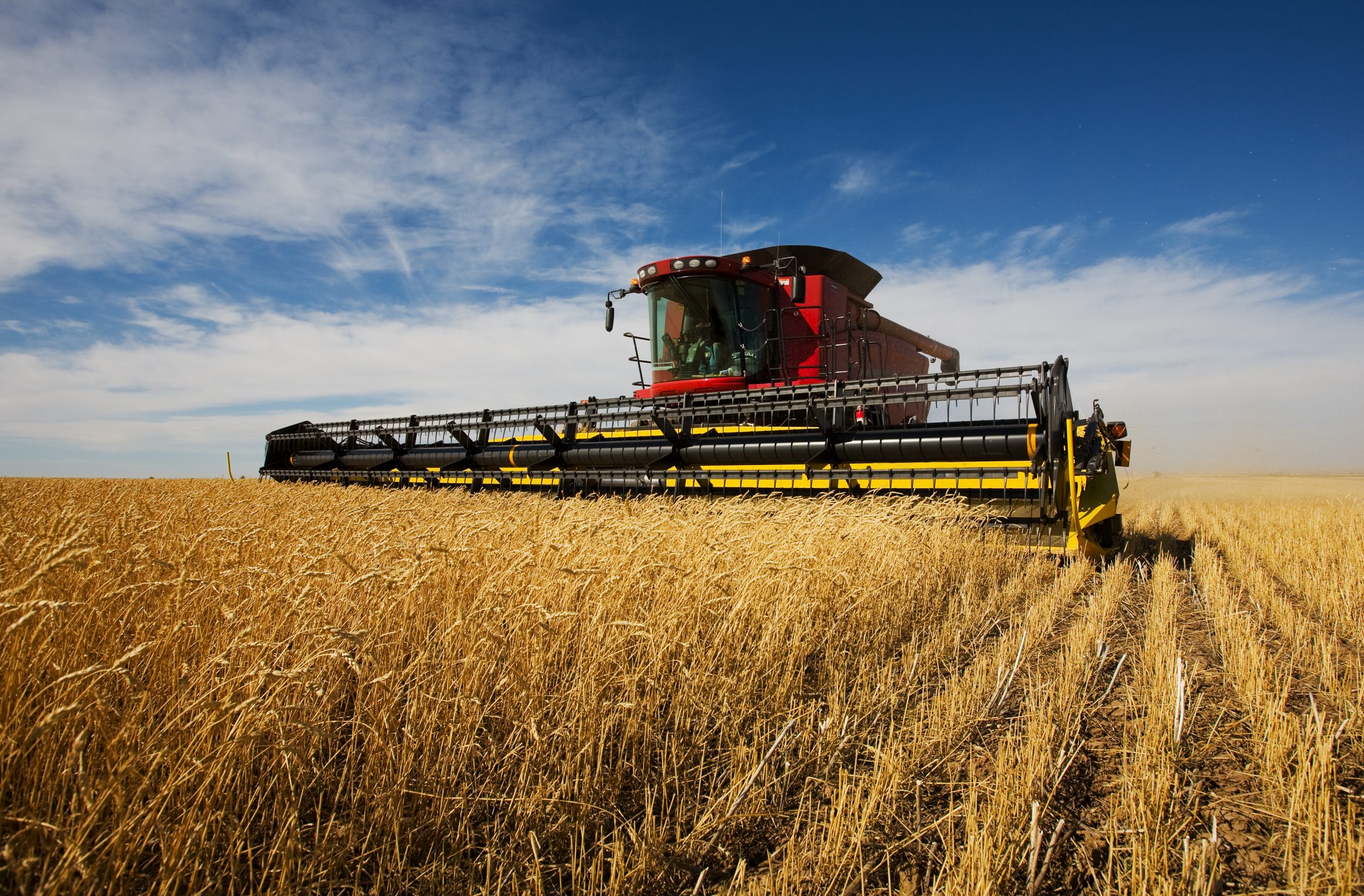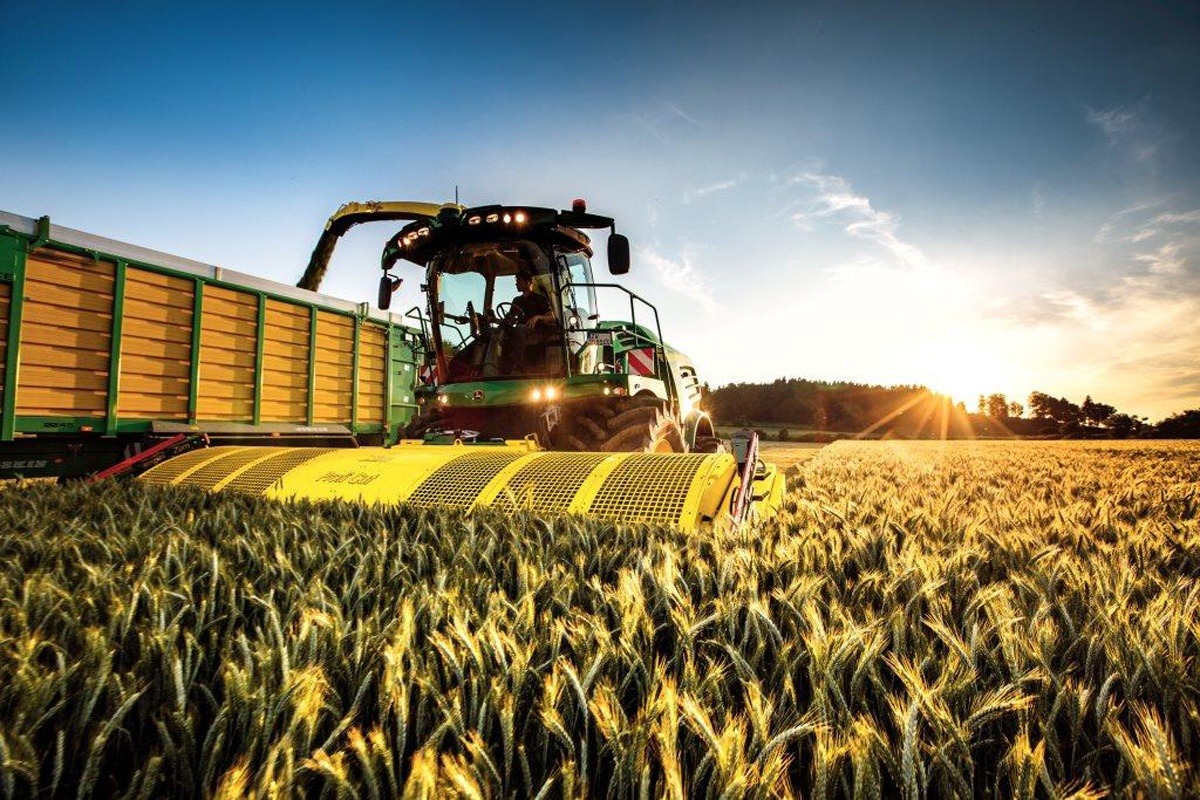June 12, 2024, 6:15 AM By Rebekah Alvey
Preliminary results from a multi-year study on Southwest agriculture have highlighted a critical food safety issue: Concentrated Animal Feeding Operations (CAFOs) can contribute to the spread of E.coli to leafy greens through airborne dust. The findings, released by the Food and Drug Administration (FDA), underscore the need for heightened vigilance and improved practices in agricultural regions where CAFOs and leafy green cultivation coexist.
The study, part of the FDA’s Shiga Toxin-Producing E.coli (STEC) Action Plan, has been examining the pathways through which E.coli bacteria can contaminate crops. The preliminary results suggest that CAFOs, which house large numbers of animals in confined spaces, produce significant amounts of waste. This waste can become aerosolized and transport E.coli bacteria via dust particles, potentially settling on nearby crops such as lettuce, spinach, and other leafy greens.
The implications for food safety are profound. E.coli contamination in leafy greens can lead to severe health outbreaks, with symptoms ranging from mild gastrointestinal distress to life-threatening conditions, particularly in vulnerable populations such as young children, the elderly, and those with weakened immune systems. The FDA’s findings highlight the necessity for both the agricultural and food safety sectors to collaborate on mitigating these risks.
According to the FDA, the study’s findings will inform new guidelines and recommendations for CAFOs and leafy green producers. These guidelines aim to reduce the risk of contamination by implementing better waste management practices, increasing the distance between CAFOs and crop fields, and employing advanced monitoring systems to detect and address contamination swiftly.
The International Association for Food Protection has also emphasized the importance of these findings. They advocate for increased research and development of innovative technologies and practices to prevent E.coli spread. This includes exploring alternative methods of waste management and developing more effective barriers and filtration systems to control airborne dust from CAFOs.
The agricultural industry in the Southwest is closely monitoring these developments. Farmers and producers are keenly aware of the potential impact on their operations and the importance of maintaining consumer trust in the safety of their products. The industry is expected to adopt new practices and technologies to align with FDA recommendations and ensure the highest standards of food safety.
As the study progresses, the FDA will continue to collaborate with agricultural stakeholders, public health officials, and food safety experts to refine strategies and protect the food supply chain. The ultimate goal is to safeguard public health while supporting sustainable and productive agricultural practices.
Error




